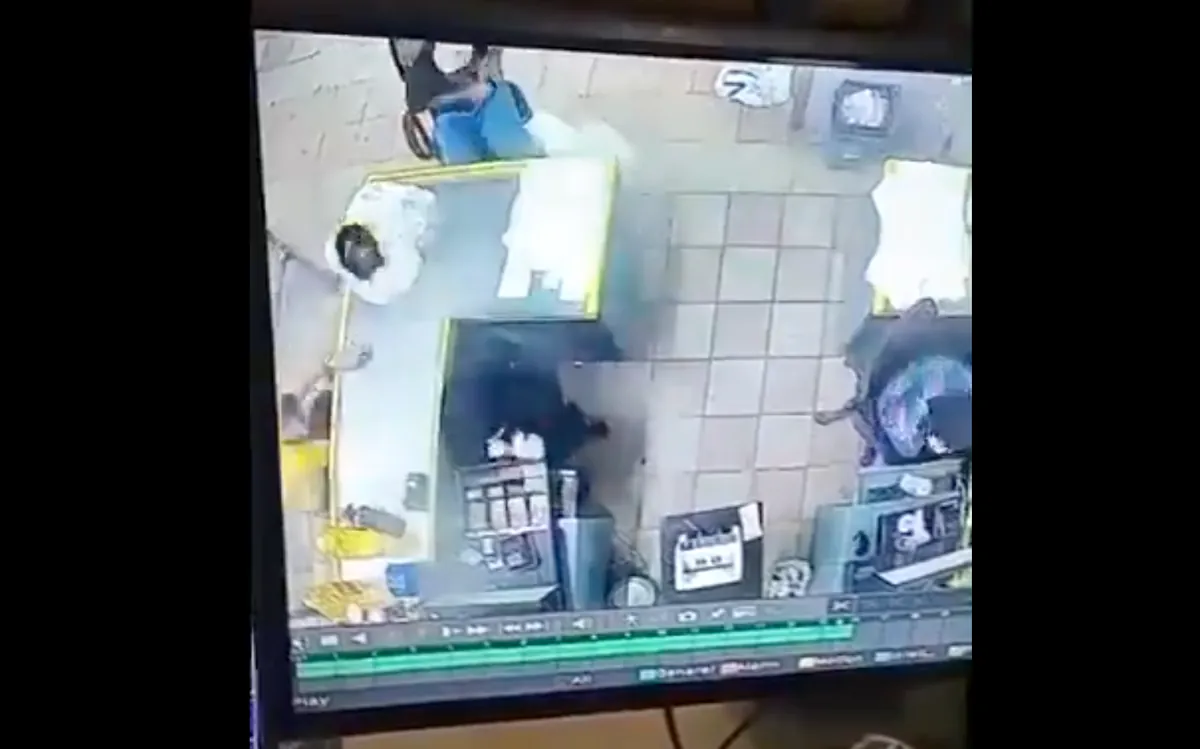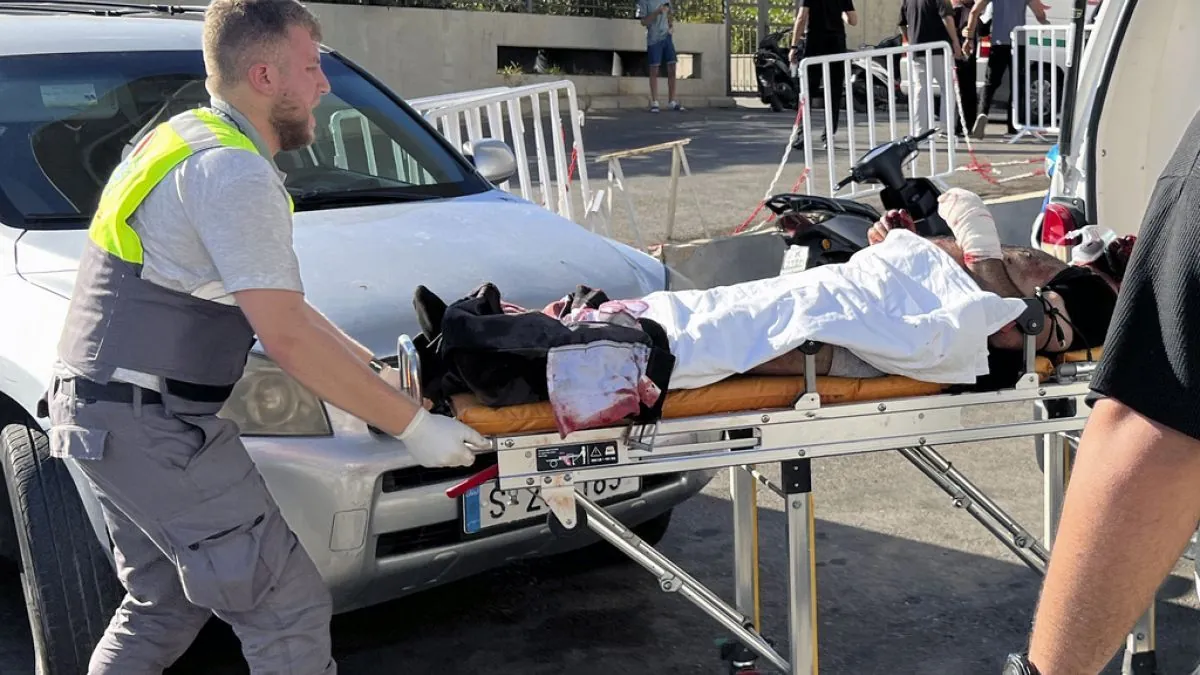Israel's Covert Operation Against Hezbollah: Explosive Pagers and Global Intrigue
Israel's complex attack on Hezbollah using rigged pagers and radios has sparked debate over its strategic value and ethical implications. The operation involved intricate supply chain manipulation and shell companies across multiple countries.

In a sophisticated operation against Hezbollah, Israel allegedly orchestrated a series of explosions using rigged pagers and radios. This covert action, part of Israel's long-term "red button" capability, resulted in numerous casualties and raised questions about its strategic significance and ethical implications.
The attack, which occurred on September 17 and 18, 2024, involved the detonation of pagers and handheld radios distributed to Hezbollah operatives. According to Lebanon's Health Ministry, the explosions killed at least 37 people and injured over 3,000, including civilians and children.

The operation's complexity is evident in its intricate supply chain manipulation. Israeli intelligence allegedly exploited or established shell companies in Hungary and Bulgaria to disguise their involvement. These companies, BAC Consulting KFT and Norta Global Ltd., were reportedly used to facilitate the distribution of the explosive devices to Hezbollah.
"You need to create an infrastructure of companies, in which one sells to another who sells to another — all to maneuver closer to Hezbollah's purchasing agents, who rely on shell companies of their own, while hiding any link to Israel."
The use of pagers by Hezbollah was reportedly due to their perceived resistance to hacking. However, this decision ultimately led to a significant security breach for the organization. The attack has drawn comparisons to other notable intelligence operations, such as the Crypto AG case and the Stuxnet cyberattack on Iran's nuclear program.
While some experts praise the operation's impact on Hezbollah's command structure, others question its strategic value and ethical implications. The civilian toll and potential exploitation of unwitting participants in the shell companies have raised concerns among intelligence professionals and ethicists alike.
As investigations continue, the full extent of this operation and its long-term consequences for regional stability remain to be seen. The incident highlights the ongoing conflict between Israel and Hezbollah, as well as the evolving nature of covert operations in the digital age.


































